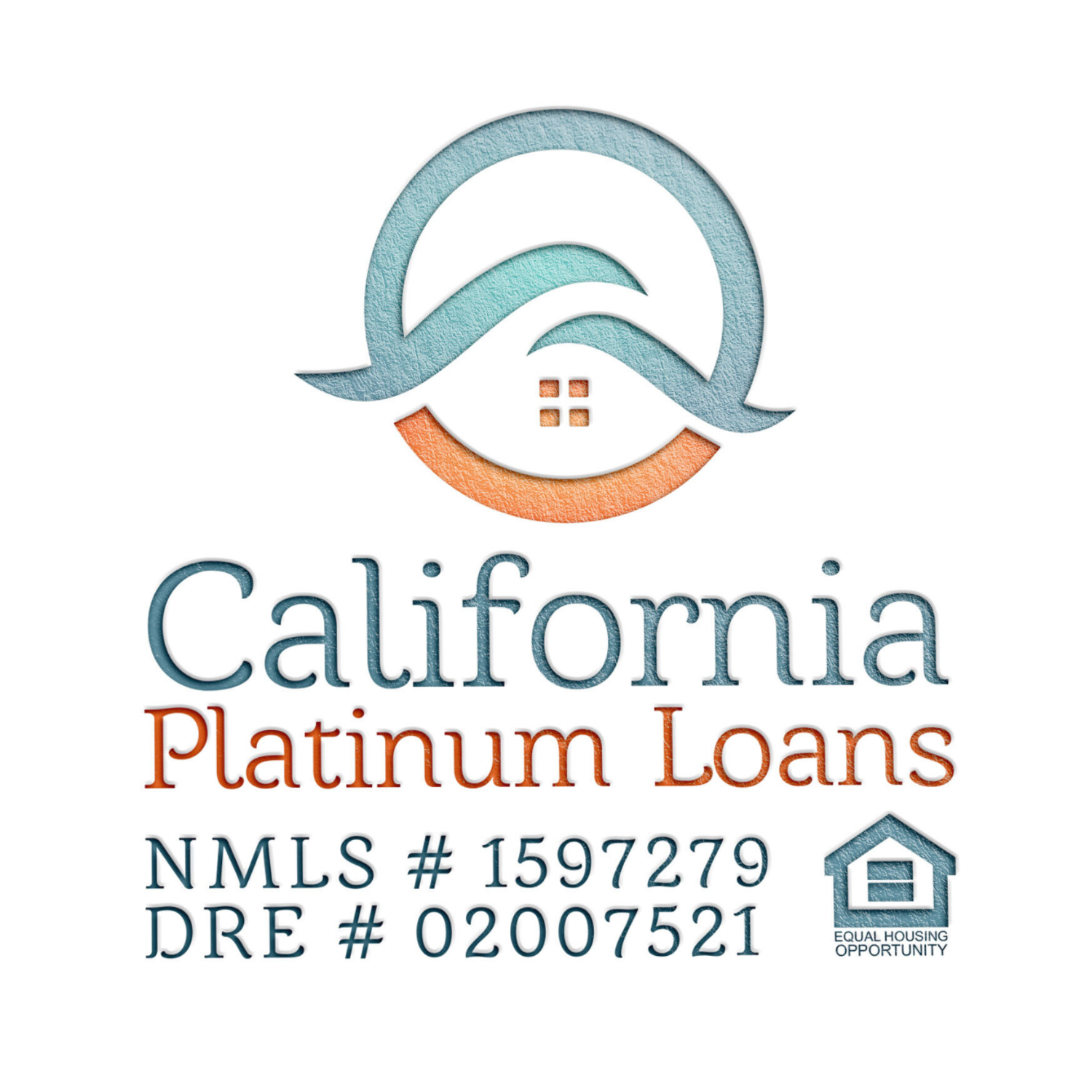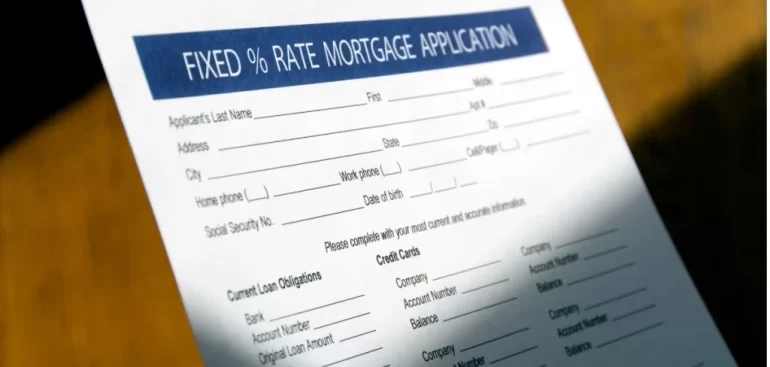How Many Home Offers Face Bidding Wars?
According to recent Redfin data, three out of every five property proposals faced bidding wars in December 2021. Their data revealed that 59.6% of home offers filed by Redfin agents in the United States were subject to bidding wars, the lowest proportion in a year and down from a revised rate of 61.3 percent in November, up from 54 percent in December 2020.
Salt Lake City, Utah, has the highest rate of bidding wars among the 37 US metro areas studied by Redfin, with 74 percent of bids written by Redfin agents in December facing competition. Tucson, Ariz., came in second with 73.1 percent, followed by San Diego, Calif., with 71.1 percent, Virginia Beach, Va., with 70.6 percent, and Seattle, Wash., with 70 percent.
Rising Mortgage Rates Could Slow House Price Surge
The rising cost of home loans could halt the growing residential real estate market in the United States. House prices have skyrocketed across the country in the last two years, as the pandemic — combined with the Federal Reserve’s ultra-low loan rates — sparked a home-buying frenzy not seen since the mid-2000s housing bubble. Rates on mortgages have soared to their highest point since early 2020.
Since the Federal Reserve influences mortgage rates, interest rates have climbed in recent weeks following the Fed’s signal to act aggressively to prevent inflation from spiraling out of control.
In the end, higher mortgage rates will make homes more expensive for certain people, particularly first-time purchasers. If the rate increase moves some buyers out of the market, this should ease upward pressure on home prices. However, so far this year, the rate increase has spurred more people to make bids for purchase because of the perceived fear of missing out on home-buying opportunities.
Supply Chain and Inflation Concerns Ding Builder Confidence Index
The National Association of Home Builders (NAHB)/Wells Fargo Housing Market Index (HMI) dropped a little this month, halting a four-month trend that had lifted the NAHB/Wells Fargo Housing Market Index (HMI) 8 points higher. In January, the index, which measures builder confidence in the market for newly constructed homes, fell one point to 83.
According to Robert Dietz, NAHB’s chief economist, the most significant problem for the housing market is a lack of inventory. While single-family starts in 2021 are likely to conclude the year approximately 25% higher than the pre-Covid 2019 level, rising interest rates will negatively impact housing affordability over the next year.
Next week’s potential market-moving reports are:
- Monday, January 24th – No Report
- Tuesday, January 25th – National Home Price Index, Consumer Confidence Index
- Wednesday, January 26th – New Home Sales Starts, FOMC Statement
- Thursday, January 27th – Initial Jobless Claims, Continuing Jobless Claims, Pending Home Sales
- Friday, January 28th – PCE Inflation, Economic Cost Index
As your mortgage and real estate professional, I am happy to assist you with any information you may need regarding mortgage or real estate trends. I welcome the opportunity to serve you in any way I possibly can. Please feel free to reach me at (800) 216-1047.
Source
https://www.axios.com/2022/01/14/rising-mortgage-rates-house-price-surge



